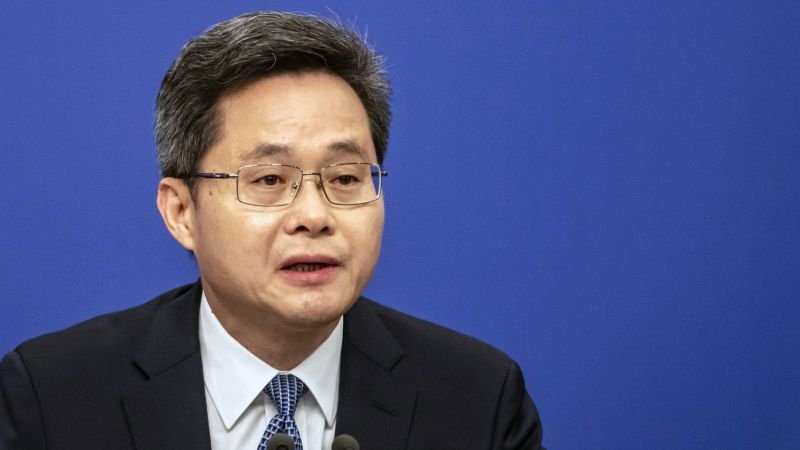China is planning to significantly increase government debt issuance to provide subsidies to low-income individuals, support the property market, and replenish state banks’ capital in an effort to boost economic growth. This comes as the country faces deflationary pressures from a downturn in the property market and weakened consumer confidence, highlighting its over-reliance on exports in a challenging global trade environment. Despite missing economic forecasts, officials remain confident they will meet the government’s growth target for the year.
The government’s fiscal stimulus measures have been the subject of speculation after a meeting of the Communist Party’s top leaders signaled a heightened sense of urgency in addressing economic headwinds. Plans include issuing special sovereign bonds worth around $284.43 billion, with half allocated to help local governments tackle debt issues and the other half to subsidize consumer purchases and provide a monthly allowance per child. Additionally, China is considering injecting capital into state banks to bolster their capacity to support the economy, primarily through new sovereign bonds.
The Chinese central bank has implemented aggressive monetary support measures in September, including steps to revitalize the property sector with mortgage rate cuts. While these measures have boosted share prices, analysts stress the need to address deeper structural issues such as boosting consumption and reducing reliance on debt-fueled investments. Much of China’s fiscal stimulus is directed towards investment, but there is a growing need to address overaccumulated debt at the local government level.
Lan Foan, China’s Finance Minister, emphasized the importance of supporting local governments in resolving their debt issues and noted that they still have significant funds to spend in the final months of the year. Household spending in China remains relatively low compared to the global average, with investment making up a larger portion of the economy. Wages in major Chinese cities have been decreasing, highlighting the need for further stimulus to support consumer spending. Companies like Ikea have called on Beijing to deploy additional measures to stimulate the economy.
Despite challenges in the economy, Chinese officials remain committed to meeting growth targets through increased government debt issuance and fiscal stimulus measures. The focus is on supporting low-income individuals, the property market, and state banks while addressing structural issues related to consumption and debt accumulation. As China continues to navigate economic headwinds, further measures may be necessary to ensure sustained growth and stability in the longer term.











